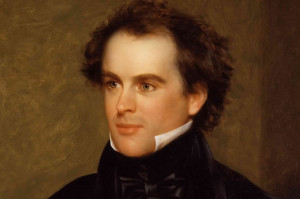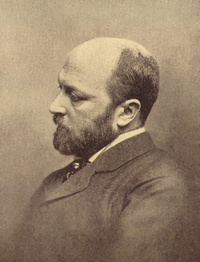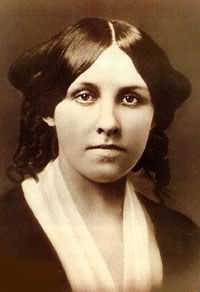When a friend told me she was reading Susan Cheever’s book American Bloomsbury about Emerson and his circle in Concord, I was intrigued, because I’d read Cheever’s memoir about her father years ago and had lost track of her career after that.
I went to Amazon, but was drawn to Cheever’s biography of Louisa May Alcott instead. I didn’t know much about Alcott and I’m a huge fan of biographies (I have hundreds in my study). The book grabbed me based on the sample: Alcott didn’t want to write Little Women–her editor pushed her to.
What a great hook.
When the book arrived, though, I gradually discovered it was awful. I hadn’t bothered reading the thoughtful critiques on Amazon–I learned its varied faults myself (reviews of American Bloomsbury are even more scathing, btw, and more numerous).
Cheever’s assessment of Alcott is marred by trivialities. You learn things like this: Alcott dropped a pie box in Boston. Not only that, it tipped “end over end.” Wow. Alcott was teased by Oliver Wendell Holmes, Sr. about her height, and in Boston she had hyacinths in a window box. None of these details (and more just as inane) add to an understanding of Alcott’s life or writing.
Cheever’s prose can be gag-worthy: “Death is a mystery, but life is filled with light and clarity.” Sounds like a Hallmark Card. Then there are dubious assertions like “good writing is almost always subversive.” How? Why? Makes a good quote for Pinterest or Tumblr, I suppose.
Cheever claims that the Transcendentalists in Concord “essentially created American literature as we know it.” Seriously? The first two American authors to be international best sellers, Washington Irving and James Fenimore Cooper, got there before Emerson et al. and had a huge influence on major authors like Poe, Melville, and Hawthorne. Perhaps to hedge her bets, Cheever loves mentioning Hawthorne as often as possible, but he was peripheral to the Concord crew and mocked them in his novel The Blithedale Romance.
 Just as egregiously, Cheever totally misrepresents Alcott’s relationship with Henry James and basically gives Alcott credit for more books of his than you can imagine. Without her, we apparently wouldn’t have The Portrait of a Lady, Daisy Miller, The Bostonians or any of his books with a young woman character. They were also fast friends, Cheever says, despite every James biography I’ve read which barely mentions Alcott–and Cheever doesn’t offer any proof of this supposed relationship.
Just as egregiously, Cheever totally misrepresents Alcott’s relationship with Henry James and basically gives Alcott credit for more books of his than you can imagine. Without her, we apparently wouldn’t have The Portrait of a Lady, Daisy Miller, The Bostonians or any of his books with a young woman character. They were also fast friends, Cheever says, despite every James biography I’ve read which barely mentions Alcott–and Cheever doesn’t offer any proof of this supposed relationship.
 Sadly, Publishers Weekly gave the book an attention-getting starred review and called it “authoritative.” Somebody at PW was lazy (or dim) and didn’t do their homework.
Sadly, Publishers Weekly gave the book an attention-getting starred review and called it “authoritative.” Somebody at PW was lazy (or dim) and didn’t do their homework.
Why did I keep reading? Morbid curiosity. That’s right: I couldn’t believe how badly written, badly researched, and badly edited a book by a well-known author could be. In the end, it had a kind of freakish charm. This tripe got published.
Lev Raphael books is the author of The Edith Wharton Murders and 24 other books of fiction and non-fiction.


